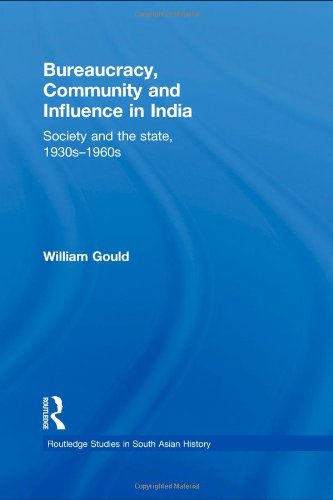

Most ebook files are in PDF format, so you can easily read them using various software such as Foxit Reader or directly on the Google Chrome browser.
Some ebook files are released by publishers in other formats such as .awz, .mobi, .epub, .fb2, etc. You may need to install specific software to read these formats on mobile/PC, such as Calibre.
Please read the tutorial at this link: https://ebookbell.com/faq
We offer FREE conversion to the popular formats you request; however, this may take some time. Therefore, right after payment, please email us, and we will try to provide the service as quickly as possible.
For some exceptional file formats or broken links (if any), please refrain from opening any disputes. Instead, email us first, and we will try to assist within a maximum of 6 hours.
EbookBell Team

4.3
28 reviewsOffering a fresh approach to the issue of government and administrative corruption through 'everyday' citizen interactions with the state, this book explores changing discourses and practices of corruption in late colonial and early independent Uttar Pradesh, India. The author moves away from assumptions that the state can primarily be associated with the top levels of government, and looks at citizens' approaches to local level bureaucracies and police. The central argument of the book is that deeply 'institutionalised' corruption in India could only have come about through the exercise of particular long term customs of interaction between agencies of the state - government servants and police, and their interactions with local politicians. Because the social hierarchies that condition such interactions are complicated by individual and family connections to state employment, periods of traumatic state transformation lead to a reconfiguration in the meaning of corruption in the local state. Based on principal primary sources and extensive field interviews, this book will be of interest to academics working on political science and Indian and South Asian history.